
Enjin is an NFT ecosystem creating, trading, distributing, and integrating NFTs.
They started with a focus on gaming and providing the tools necessary for developers and users to benefit from NFTs. They have now broadened their products use case to all aspects of NFT utility including Art, Collectibles, Sports, Real World Assets, etc
Online trade of virtual assets is not new, they have been part of gaming for over a decade. However, the issues experienced by the gamers and the developers meant that it was being abused:
- Payment Fraud
- High fees and Slow transactions – Game publishers and communities rely on outside websites to handle buying and selling virtual items. This can cause slow processing, unclear money transfers, and expensive fees for players.
- Lack of True Ownership & Rarity – The items are effectively owned by the platform and their use and value can be manipulated
- Locked in and Centralized – the digital assets are not transferrable to other games/platforms
- Expensive & time-consuming – Creating / Managing a virtual currency is complex
Unlike most cryptocurrencies when Enjin created the ENJ token, they were already a successful company in the gaming arena with over 18.7 million registered gamers, spending millions of USD in virtual goods sales across Enjin community stores. They, therefore, were ideally positioned to understand the benefits that blockchain and NFTs could have on their communities.
With a background in gaming, their software enables game publishers, game servers, and communities to manage virtual goods and in-game items across multiple platforms. Beyond gaming, Enjin’s NFT solutions have use cases in art, sports, virtual experiences, collectibles, and even for tokenizing real-world items.
Enjin has developed tools that enable developers, businesses, and individuals to create, manage, trade, distribute, and integrate NFTs. This integrated ecosystem is comprised of an NFT minting platform, wallet, marketplace, SDKs and plugins, a robust API, and a QR code asset distribution service.
These blockchain solutions solve the problems that the Enjin community was experiencing and now they have been offered to the wider NFT world.
Two aspects of their solution are:
- Efinty – allows you to use your digital assets across multiple chains that have integrated with the Polkadot ecosystem.
- JumpNet – an Ethereum scaling solution to reduce transaction fees
The integration of these within their platform is offered for free with the only requirement being that each NFT minted includes some Enjin token that is locked up for the life of that asset.
Gala Games – NFT Games developer
Immutable X – aimed at enabling developers to build fast, scalable, and secure applications for NFTs and blockchain games.
The Initial token distribution of Enjin Coin (ENJ) is as follows:
- 40.00% is allocated to Private Sale
- 40.00% is allocated to Public Sale
- 10.00% is allocated to Team and Advisor
- 10.00% is allocated to Community, Marketing, and Partnership (incentivize community, beta testers, marketing and strategic partners)
1 Billion tokens of maximum supply are ALL in circulation.
One of the features of the Enjin NFT ecosystem is that creating an NFT requires that an amount of ENJ token is fused to that asset in its creation. Therefore as the number of assets created increases it will make the token more scarce. This builds in a deflationary aspect potentially making the coin more valuable.
If an NFT asset is no longer required it can be ‘melted’ which is the destruction of the NFT but the unlocking of the ENJ. Depending on the asset, this ENJ is then returned to the owner, with a percentage potentially going to the original creator.
The biggest aspect of the Enjin ecosystem is the ease of minting new NFT’s and the safe marketplace then offered. In building and trading digital assets in a safe and secure way you can take advantage of the thriving market particularly for gaming NFT.
Enjin also has a form of staking, earning Efinity (EFI) tokens as rewards. To stake ENJ, users simply need to mint and infuse NFTs with ENJ. The infused ENJ is automatically staked, and the creator receives EFI as rewards.
Some exchanges are also offering regular staking by locking up tokens for both ENJ and EFI.
Team

Has been running Enjin since 2008.
University of Technology Sydney


Of Counsel (Venture Capital/Blockchain/M&A/Corporate)
DLA Piper · Full-time
Legal (Investment Banking, Treasury, Corporate Banking)
BDO Unibank
Associate
Jones Day
US Associate, London and Singapore
Allen & Overy LLP
Associate
Angara Abello Cruz Concepcion & Regala Law Offices”

Head of Ecosystem
Enjin
Partnerships Lead
Enjin
Blockchain Advisor
NFTFrontier (Present)
IT Consultant
RS IT Consulting (Present)
Advisor
CoinCodex
Head Of Marketing
CoinCodex
Product Manager
CoinCodex
Advisor
NextCash
Product Development Lead
Adriatic Slovenica d.d.
Digital Marketing Lead
Adriatic Slovenica d.d.
Marketing Associate
Adriatic Slovenica d.d.
Digital Marketing Specialist
Piaggio Group Slovenia
Investors / Partners
Investors include:
- Hashkey
- Digital Finance Group (DFG)
- Fenbushi Capital
- Crypto.com
- BlockTower Capital
- #Hashed
- Arrington Capital
- Blockchain.com Ventures
Similar Projects
References / FAQ’s
What is Enjin used for?
Enjin’s main use is around the creation, management and trading of NFT’s. The company have a strong core around gaming but use the same structures for any NFT use. The Enjin coin is used in the minting of each NFT.
Is Enjin on Ethereum?
Yes, Enjin Coin (ENJ) is an ERC-20 token. It, however, uses its Jumpnet solution to avoid the high transaction fees and its Efinity protocol to benefit from the Polkadot cross chain availability.
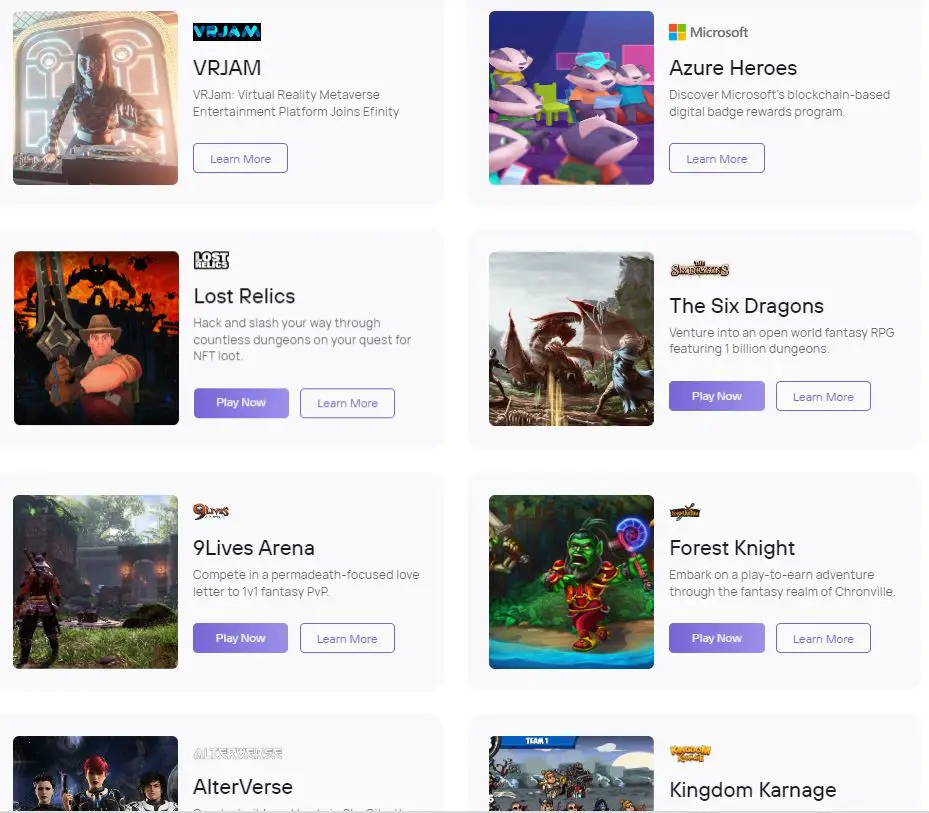
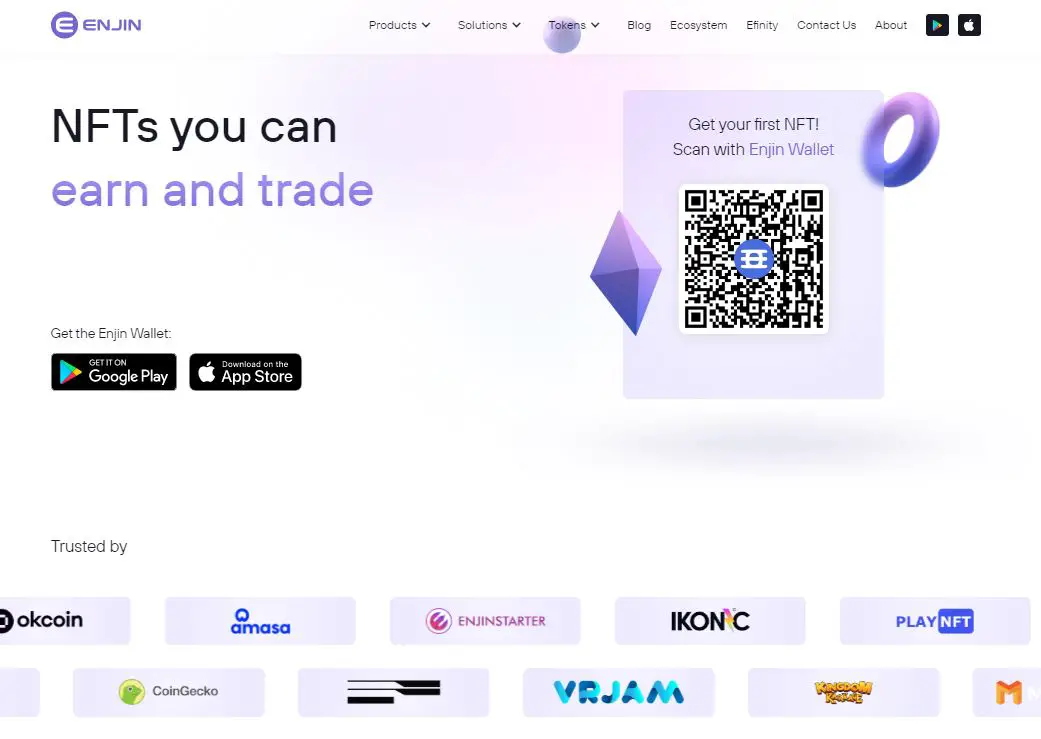
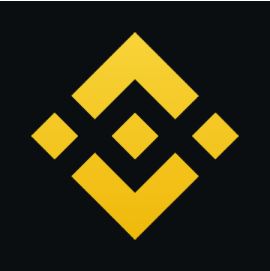
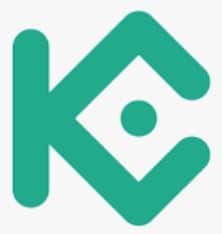
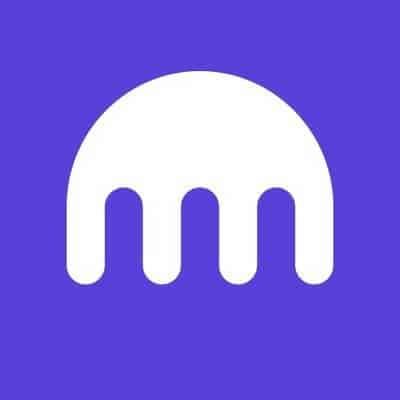


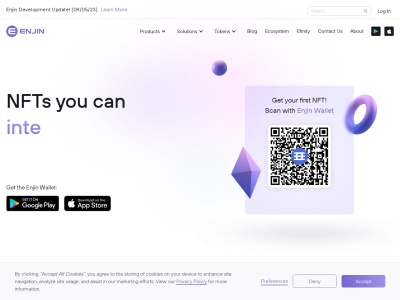
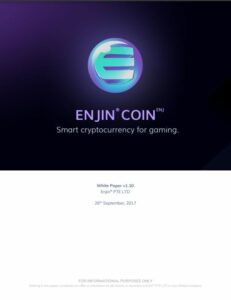
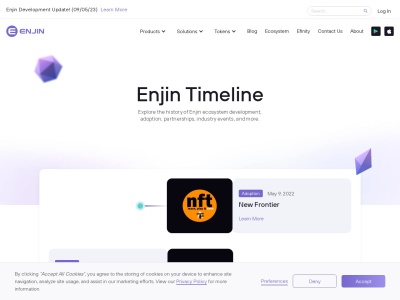
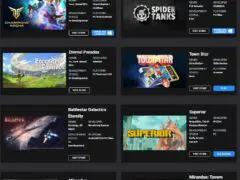

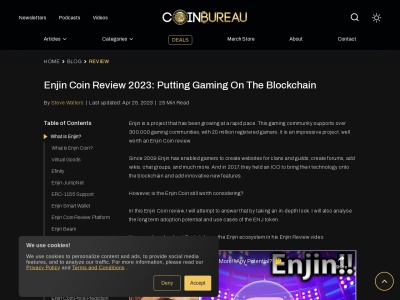
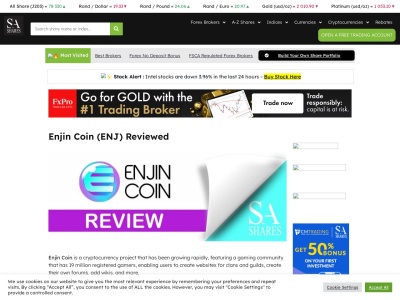
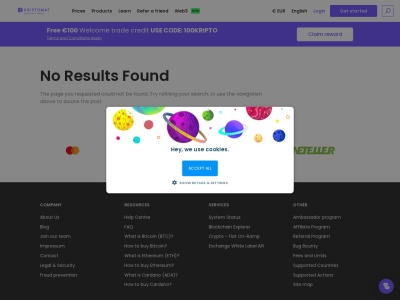
Social Media